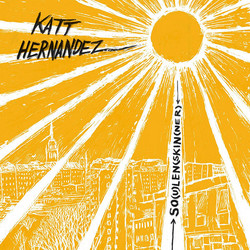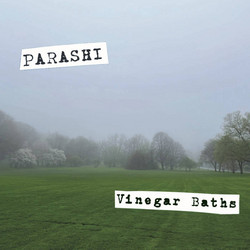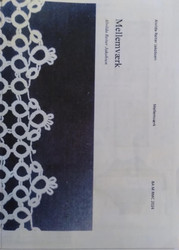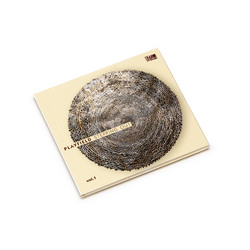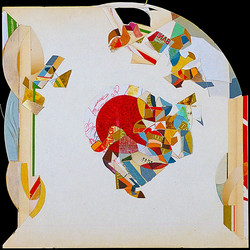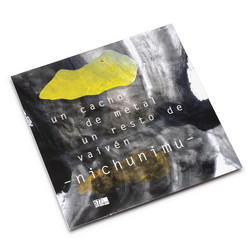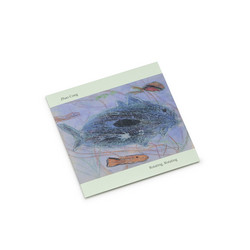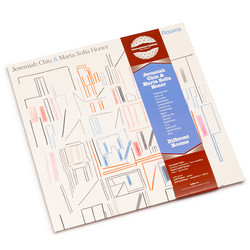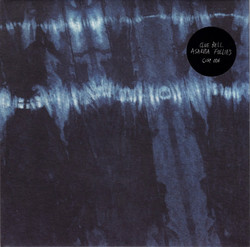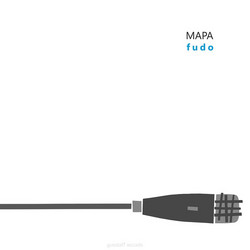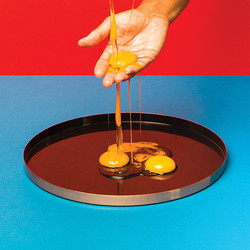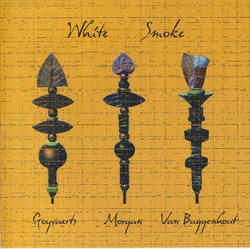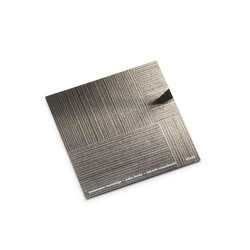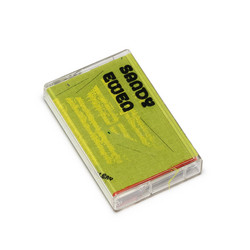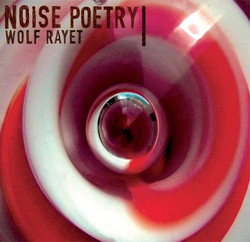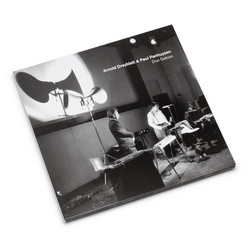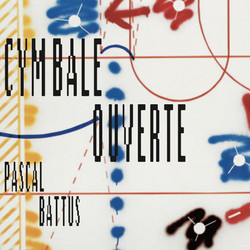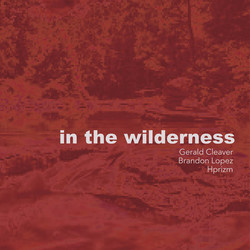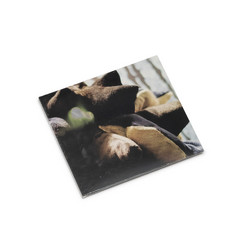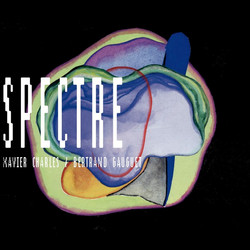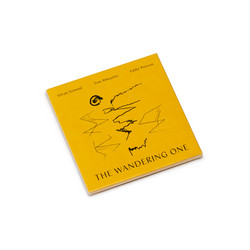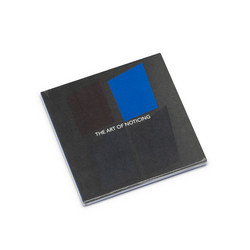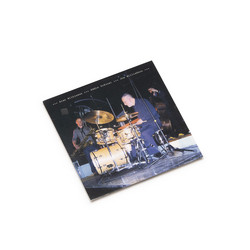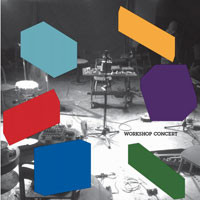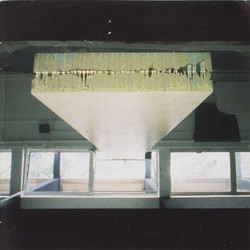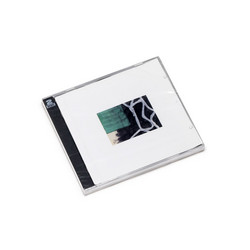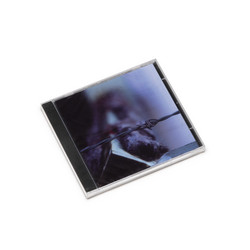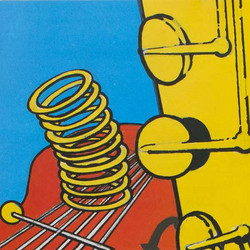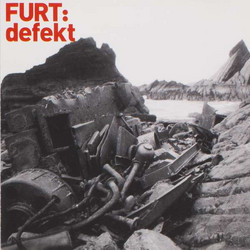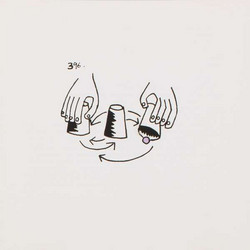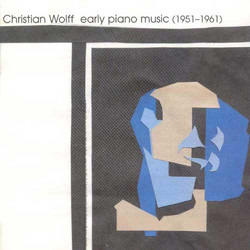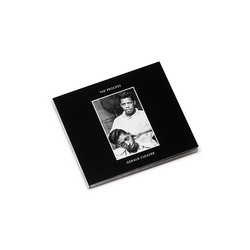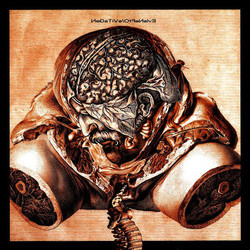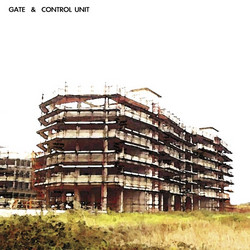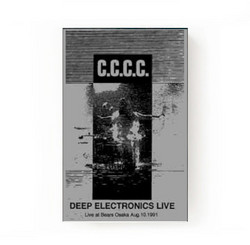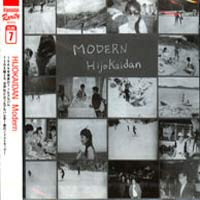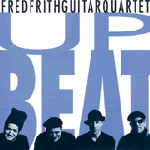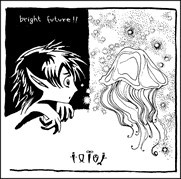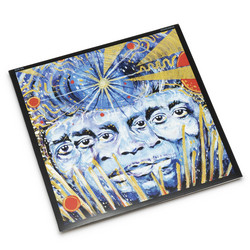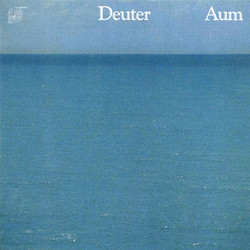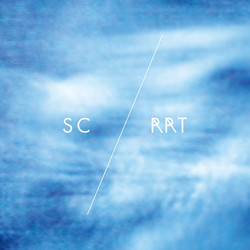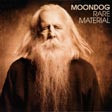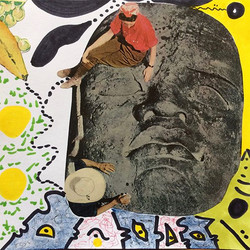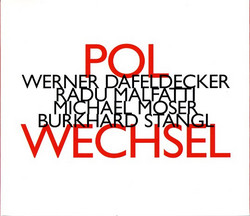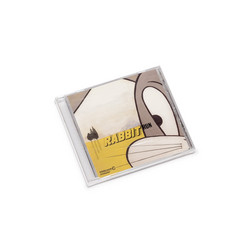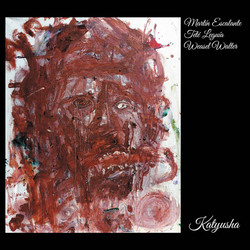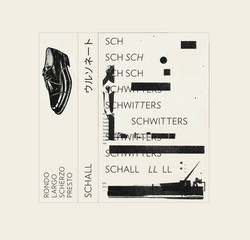Invenio Ergo
Sum (2CD)
2 CDs in a digipak Recorded live at Cafe Oto, London, February 8th, 2009 by Shane Bowne and Anna Tjan. Final mix and mastered by Sebastian Lexer. There's a formulation that takes us briskly on to third-personal facts, or - as on this CD - three persons whose reciprocal existence is a process of discovery and learning: a heuristic process, in Eddie Prévost's favoured term. It's a process that can only be enacted in what Prévost has called the 'extra-personal life of community', by which he means not just the 'collective' but also the communities-at-large that define us as social as well as thinking animals. As an improviser with deep roots in jazz and other musics, Prévost has always been acutely conscious of a perceived tension between the apparently radical individualism of the 'free' improviser, who can seem bound up in sober introspection, and the philosophical fake-book of styles, genres, repertoire, a canon. He calls for resistance to any process which threatens to ossify rules of conduct into 'self-deceiving patterns of conceit'. Anyone with even a vague grounding in Descartes will jump on one word there. 'Deceiving' is a strong echo - conscious or otherwise - of Descartes' starting point, the possibility that God is a Great Deceiver and what we call reality a treacherous slide-show of substanceless images, the propaganda of non-entity.
Cartesian doubt relieves itself by reminding itself that it's thinking and therefore all's well. Eddie Prévost's music, whether as a founding member of AMM or as leader of other, more obviously jazz-inflected projects, is always in some sense communitarian in spirit - that is what most aligns it to jazz of the classic period - and egoless in approach. It is never conversational or phatic, rarely confrontational in the slacker construction of that word, which implies hostility, and never so obsessed with novelty that it loses sight of a lengthening tradition of discourse. Arguably, Prévost's most important work of recent years has been his weekly workshop in London, now in place for almost a decade and with a remarkable 250-plus musicians on its past and present roll. The present project sees him working with two of its alumni, now unquestionably claiming postgraduate status. Saxophonist Seymour Wright has emerged as the most important saxophonist of his generation.
It's tempting to suggest that he stands as successor/rival to Evan Parker and John Butcher, but it's more accurate to suggest that in his recent practice and in his unfashionable insistence that what he plays is jazz, rather than 'free music' or any other niche definition, he represents an alternative to those senior Englishmen, whose respectively evolving languages perhaps dominate our sense of what creative saxophone playing sounds like. In his still thinly documented work - on the Matchless Hornbill set, on his own Seymour Wright of Derby and in collaboration with pianist+ Sebastian Lexer on blasen - Wright shows a command of the saxophone which in contrast to most 'non-idiomatic' playing - cynically translated as 'make your saxophone sound like anything other than a saxophone' - has deep roots in a tradition of playing that goes back to Frankie Trumbauer, Coleman Hawkins and Willie Smith. It's quite possible that in a gaggle of younger players, Wright would be the only one to namecheck the first and last of these. As his SUM colleage Ross Lambert puts it, Wright is the encyclopaedist, historically astute, connected and engaged. Lambert is from Ballygawley, a corner of Northern Ireland that, as he explains, offered few opportunities to hear jazz on any regular basis.
While Wright certainly doesn't sound like a man who carries his record collection on his back, Lambert is that rare individual these days, a jazz musician who doesn't necessarily have any formal founding in the tradition. He admits to listening only to important records and then rarely, and considers a focus on the politics and practice of experimental music more important than documenting his work. If all this, and the fact that he plays guitar, which has often been a fifth column instrument in jazz, smuggling in energies from other forms, suggests a man who has declared his own Year Zero and separated himself from any existing performance practice, the impression is faulty and incomplete. Whatever its source, Lambert's music belongs in a long community of practice on this hearing. [...]"-Brian Morton
